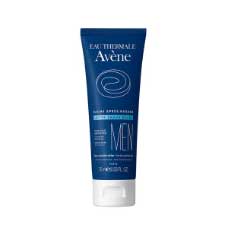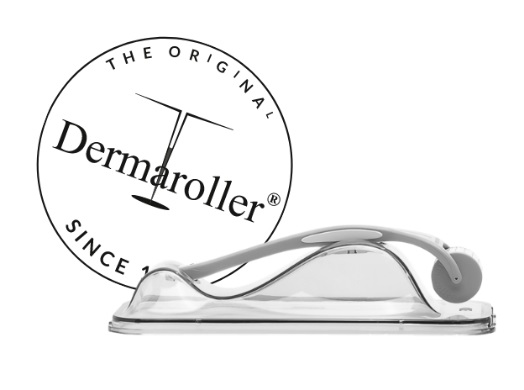About the Course
This award winning course combines a series of lectures and interactive workshops focusing on the management of non-surgical complications. These independent and highly specialised teaching sessions are led by multi-award winning tutor Mr Dalvi Humzah and cover the theoretical and practical management of a wide variety of complications seen through botulinum toxins, dermal fillers, threads, laser treatments and superficial chemical peels, as well as a practical hyalase workshop.
Mr Dalvi Humzah is an award winning Tutor with a National and International presence in the field of Aesthetics. He has extensive experience in the management and treatment of non-surgical complications. He led a group of experts in developing a consensus guideline for the management of blindness caused by filler injections. This has been peer reviewed and published as an open access paper. This work was awarded the Aesthetics Professional Initiative Award in 2018. During this course updates in these guidelines will be discussed with you. The teaching is independent from any pharmaceutical endorsement.
By the end of this course you will be in a position to develop protocols for your clinical management of non-surgical complications. This will allow you to provide safer care to your patients.
Objectives:
- What is a complication?
- Importance of recognising and managing nonsurgical complications,
- What should you do?
- Practical demonstration of hyalase
- Safe techniques with discussion around a variety of injectable products
Who can attend?
Medical practitioners with active registration to the following professional bodies: GMC, NMC & GDC.
Why attend this particular course?
Lead Tutor, Mr Dalvi Humzah, has co-authored a published award-winning consensus guideline on the management of blindness arising from treatment with dermal fillers. This forms part of an extensive list of current literature, which is regularly reviewed and updated within the extensive field of non-surgical cosmetic complications. This course endeavours to tailor the content according to individual learning needs and may cover any, or all, of the following specialised complications topics; chemical peels, botulinum toxins, dermal fillers, threads, laser, as well as a practical hyalase workshop.
 Training Policy for delegates
Training Policy for delegates
Course Agenda
Introduction to Complications
 |
|


Added to basket


 Unapplied Changes
Unapplied Changes





















